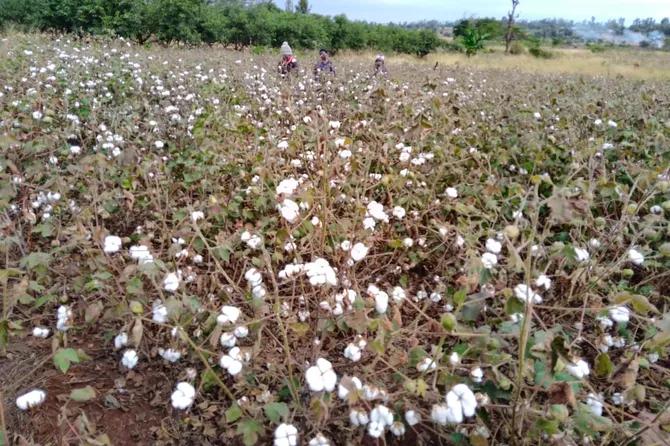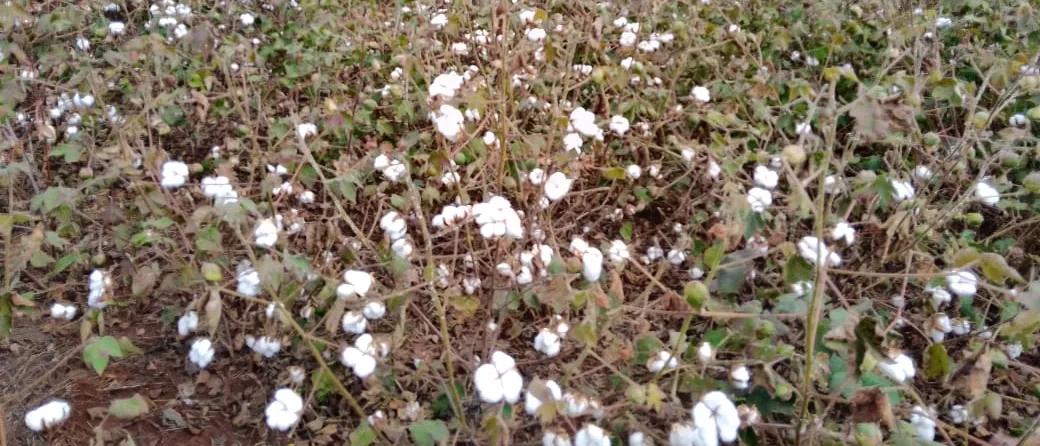Benin
Health
Training dogs to detect breast cancer, a method for screening disadvantaged women in Benin
Impact
News and Insights
The project led by Kirinyaga University aims to improve the income of small-scale cotton farmers in Kenya by localizing the cotton ginning process and increasing their capacity to sell their produce at more advantageous prices. FID’s funding covered the manufacturing of new cotton-ginning machines and various trainings intended for the farmers.
Project ported by:


The cotton, textile, and apparel industry is Kenya’s second largest manufacturing sector. Kenya’s domestic cotton production is below manufacturing demand for yarn and fabric. As a result, most of the cotton-based inputs for textiles and apparel are imported from neighboring East African countries and Asia. In an effort to re-dynamise this cotton value chain, the Kenyan government engaged in a strategy to improve quality and quantity of cotton production and identified cotton as a key area for the country’s economy.
The aim of this project is to create value-addition opportunities for farmers by localizing the cotton ginning process and increasing their capacity to sell at more advantageous prices, while reducing costs and hassle linked to transportation.

Kirinyaga University’s project aims to improve the income of small-scale cotton farmers in Kenya by localizing the cotton ginning process at the producers scale. The ginning operation will enable the farmers to earn directly the added value of the process, reduce cotton waste and decrease related costs (such as costs related to storage and transportation). The presented model also intends to use extracted lint cotton to produce by-products (cotton wool, diapers, swabs…) and generate more avenues for revenue generation. To tackle the lack of accessibility and the obsolescence of currently existing ginneries, the team proposes the development and deployment of 8 micro-portable ginning machines, capable of processing 10 tons of cotton in a day and which will be made available to about 100 smallholder farmers in Kenya.
FID funding will support several activities, including:

FID funded the pilot phase of the Kirinyaga project, which aimed to finalize the prototype of a ginning machine and pilot it in agricultural communities.
Through this funding: eight new portable ginning machines were provided to newly formed farmers groups, which served 126 farmers who had access to the machines. As a result, the price of cotton after ginning in the beneficiary communities increased significantly from KES 62 to KES 252 (approximately EUR 0.40 to EUR 1.70) per kilogram.
The team capitalized on the enthusiasm generated by the micro-portable ginning machines to develop additional value-added components. They have built several pieces of equipment related to cotton processing (baling machine, oil extracting machines, spooling machine, a weaving loom, a spinning wheel, procured 8 sewing and weighing machines), providing additional opportunities for the project's communities to integrate into a value chain around cotton.
On this occasion, 116 women and young people were trained, and eight obtained jobs in the weaving and tailoring sector. The project’s main component was training farmers, but also women and youth in agronomy skills, ginning techniques, weaving and sewing, as well as entrepreneurial and financial skills.
These courses have provided technical skills, but also general competence that reinforce the sense of ownership of innovation within communities and the cotton value chain as a whole.
In the future, the team members would like to explore the remaining questions related to:
Kirinyaga University is a public university situated in Kirinyaga County, Kenya.
The lead team members is comprised of :
Projects
Projects funded by FID